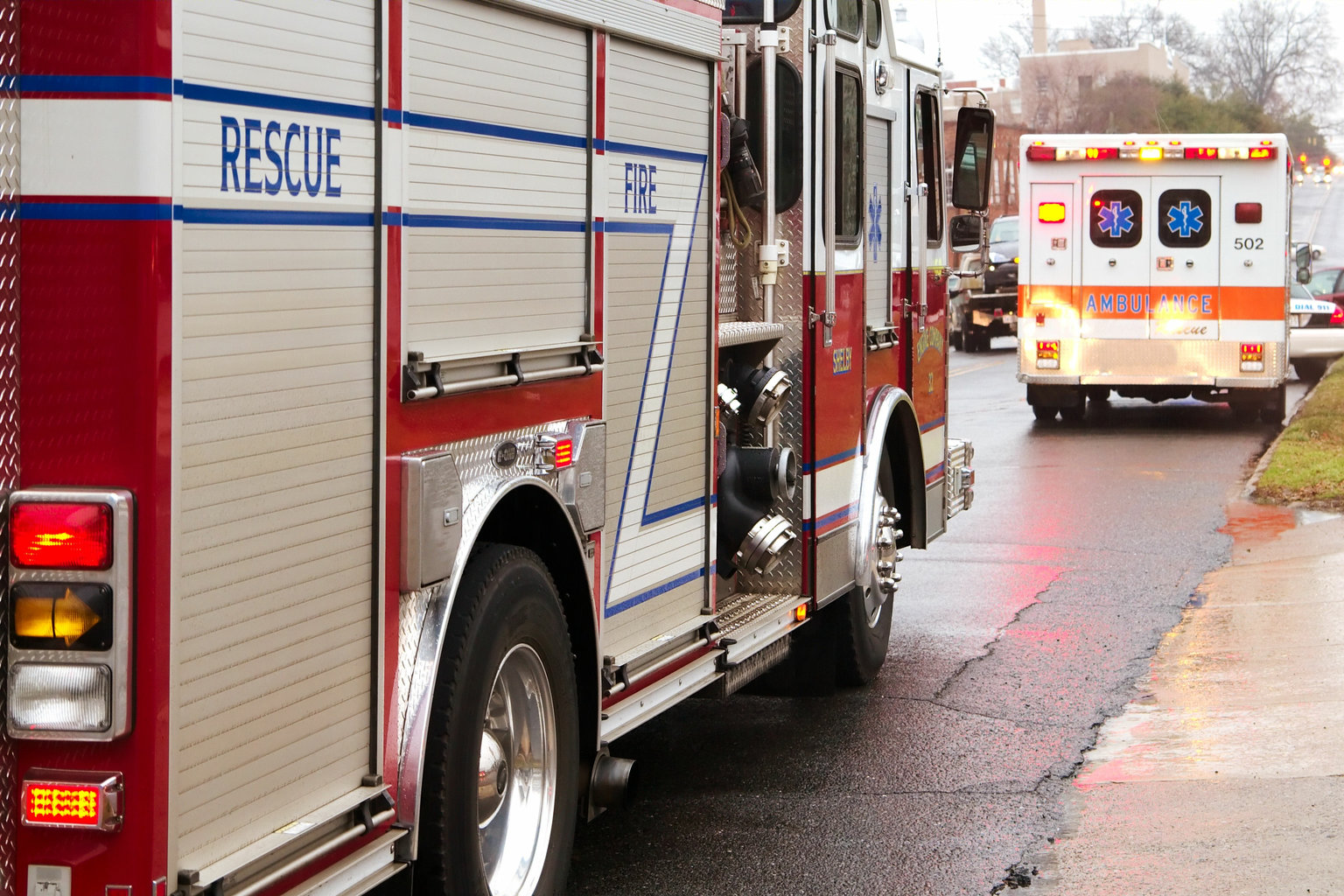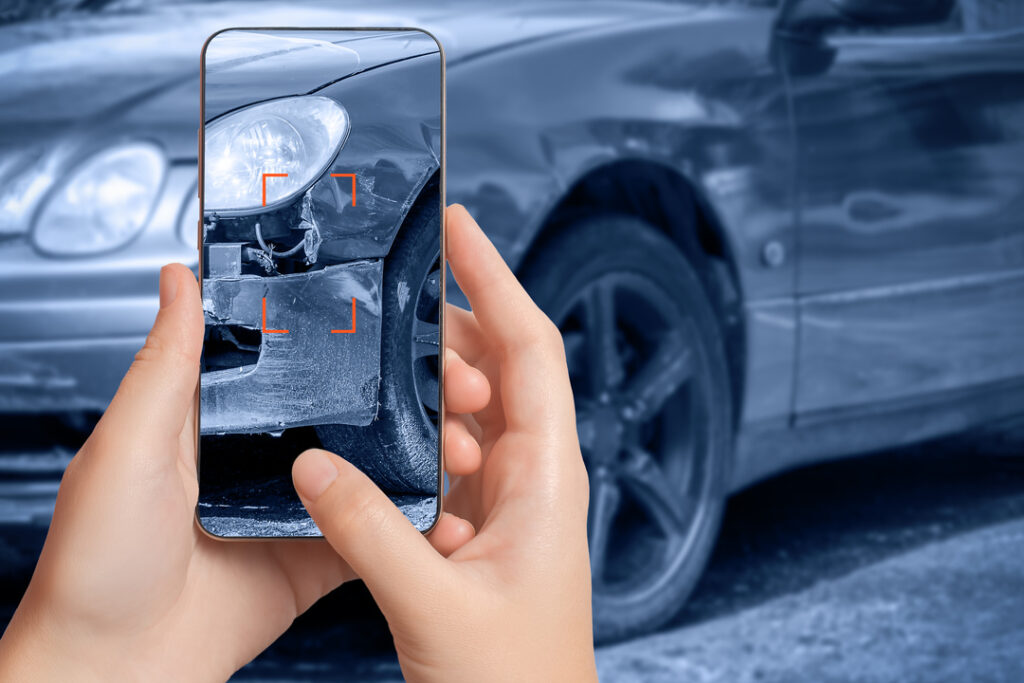How Vehicle Recall Notices Can Impact Liability in a Car Accident Case
Vehicle recalls have reached record numbers in recent years, with manufacturers addressing defects that range from minor inconveniences to potentially deadly safety hazards. When a recalled vehicle is involved in an accident, the recall notice can significantly alter the liability landscape. Understanding how vehicle recalls affect your legal rights after an accident is crucial for pursuing fair compensation. The lawyers at Knowles Law Firm have extensive experience handling complex car accident cases involving vehicle recalls. With over 55 years of experience representing injured Nebraskans, we have secured multi-million-dollar settlements for clients whose accidents were…












 Menu
Menu
